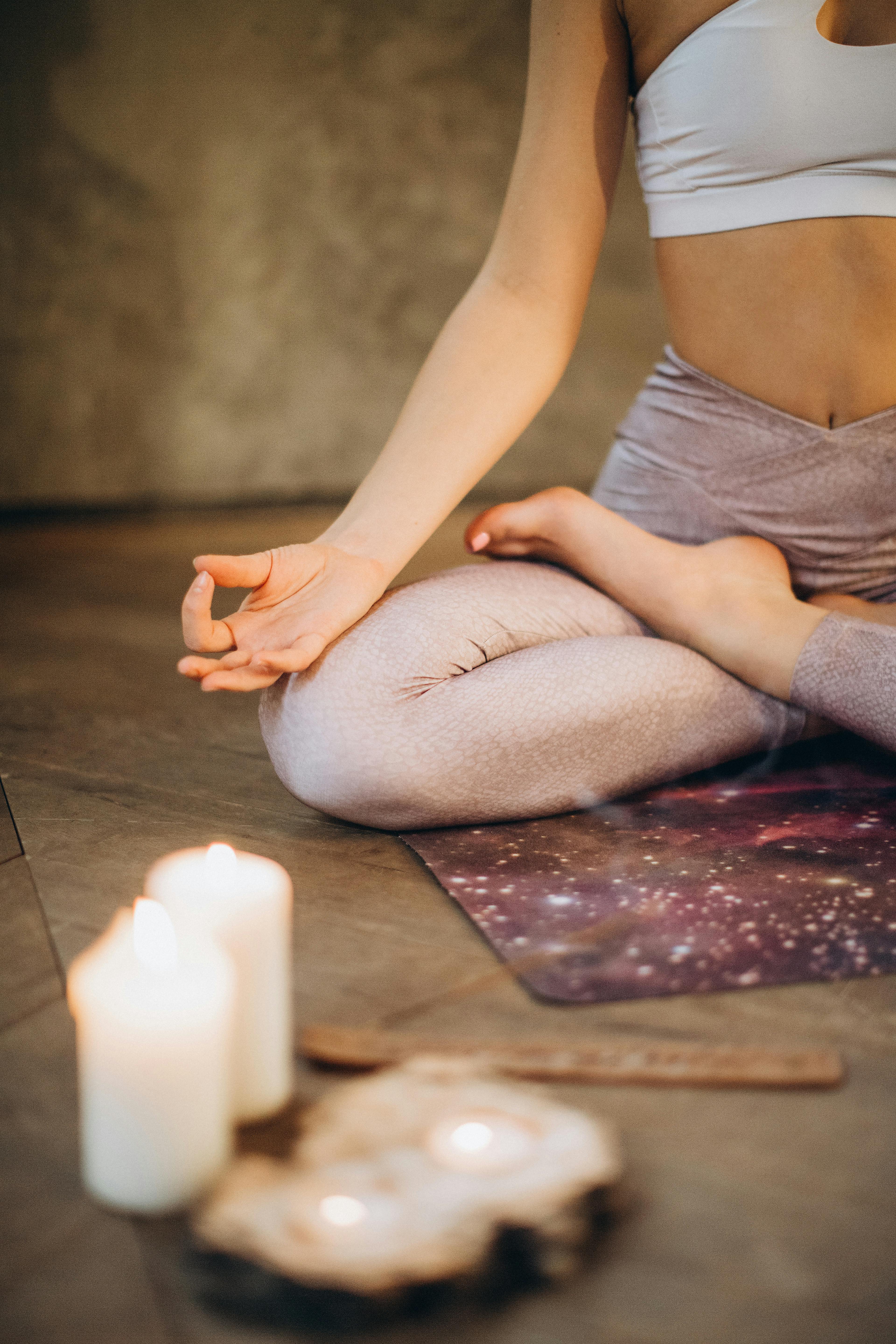Have you ever felt overwhelmed as you start your yoga journey? You’re not alone. Many new yogis encounter common pitfalls that can hinder their progress and enjoyment. Let’s go through some of the most frequent mistakes new practitioners make and how you can avoid them to enhance your yoga experience.
Understanding Your Body
Ignoring Your Own Limitations
One of the most critical aspects of yoga is listening to your body. It’s easy to feel pressured to match the advanced poses you see in videos or from more experienced practitioners. However, ignoring your body’s signals can lead to injury.
You should carefully assess how your body feels during each pose. For instance, if your back or knees start to ache, that’s your body’s way of telling you to ease up. Use modifications or props to support you, and most importantly, give yourself permission to take it slow.
Not Warming Up
Jumping straight into intense postures without warming up can leave you feeling stiff and uncoordinated. Your muscles need to be prepared for movement, especially if you’re transitioning from a sedentary day.
A gentle warm-up increases blood flow to your muscles, improving your flexibility and reducing the risk of injury. Try incorporating simple stretches like cat-cow or gentle twists before diving into deeper poses. This will help you find your flow and enjoy your practice more.
Focusing Solely on the Physical
Overlooking the Mind-Body Connection
Yoga is much more than just physical exercise; it’s a holistic practice that incorporates mental focus and emotional balance. Many beginners make the mistake of concentrating solely on their physical abilities, neglecting the meditative aspects of yoga.
Take time to connect your breath with movement. Notice how each pose feels, both physically and emotionally. Remember, yoga encourages a space for you to be present in the moment, fostering a deeper understanding of your body and mind.
Rushing Through Poses
In the excitement of trying new poses, you might rush through your practice, which can compromise alignment and technique. Each pose has its purpose, and taking time to settle into them enhances your overall experience and effectiveness.
Challenge yourself to hold poses longer. Focus on the details: how your body aligns, where you feel tension, and how your breath flows. This practice of patience and presence will significantly deepen your yoga journey.

Misunderstanding Yoga Philosophy
Skipping the Fundamentals
Many new yogis jump straight into asana (the physical postures) without understanding the underlying philosophy of yoga. The eight limbs of yoga, as outlined by Patanjali, encompass ethical principles, self-discipline, and meditation.
Familiarize yourself with the foundational ideas of yoga, including concepts like Ahimsa (non-violence) and Santosha (contentment). This knowledge can guide your practice and enrich your experience, providing a more holistic perspective on what yoga means beyond the mat.
Forgetting About Breath
Often, beginners focus on the physical aspects of yoga, forgetting the importance of breath control, or pranayama. Your breath is a powerful tool that can significantly affect your practice.
Incorporating breathwork into your routine will help calm your mind and can enhance your poses. As you practice, pay attention to your inhale and exhale, using them to guide your movement. A connected breath not only improves your performance but also deepens your relaxation.
Neglecting Community and Guidance
Practicing in Isolation
Yoga practice often brings tremendous personal growth, but isolating yourself from a community can limit your learning. Many newcomers choose to practice alone, which can lead to missing out on valuable feedback and encouragement from others.
Consider finding a yoga class or joining a local group, where you can share your experiences, ask questions, and support each other. Engaging with fellow yogis allows you to learn more about different techniques and styles, enhancing your practice.
Skipping Professional Instruction
You might feel tempted to rely on YouTube videos or apps for your yoga practice. While these tools can be helpful, they sometimes lack the quality of guidance that comes from a qualified instructor.
Taking classes, whether in a studio or online, provides you with personalized feedback on your posture and alignment. An instructor can also offer modifications tailored to your needs, addressing any pain points and ensuring that your practice remains safe and enjoyable.

Being Inflexible with Your Practice
Comparing Yourself to Others
It’s easy to fall into the trap of comparing your practice to that of others, especially on social media. However, remember that everyone’s body is different, and each yogi has a unique journey.
Focus on your own practice, celebrating your personal milestones rather than feeling inadequate next to others. Yoga isn’t a competition; it’s a personal exploration. Set personal intentions and be proud of your progress, however small it may seem.
Failing to Adapt Your Practice
Life can be unpredictable. It’s essential to adapt your yoga practice to meet your changing circumstances. If you miss a class, don’t be discouraged. Create a home practice instead or try a shorter routine when time allows.
Being flexible with your yoga schedule and routine can enhance enjoyment and commitment. Whether that means practicing for ten minutes or an hour, the key is to stay connected to your practice even when circumstances shift.
Conclusion
Embarking on your yoga journey can be both an exciting and challenging experience. By being aware of these common mistakes, you can avoid frustrations and create a sustainable, fulfilling practice. Listen to your body, embrace the philosophy of yoga, and participate in your local community.
As you avoid rushing, comparing, or neglecting the fundamental aspects of yoga, let your practice unfold naturally. Remember, you’re in this for yourself! Each session is a step on your unique path. You’ve just begun, so cherish every moment, every breath, and every pose.
With patience, mindfulness, and the right approach, your yoga journey can evolve into a profound and enriching experience that supports both your mind and body. Embrace the process, and enjoy your practice without pressure or expectations!




